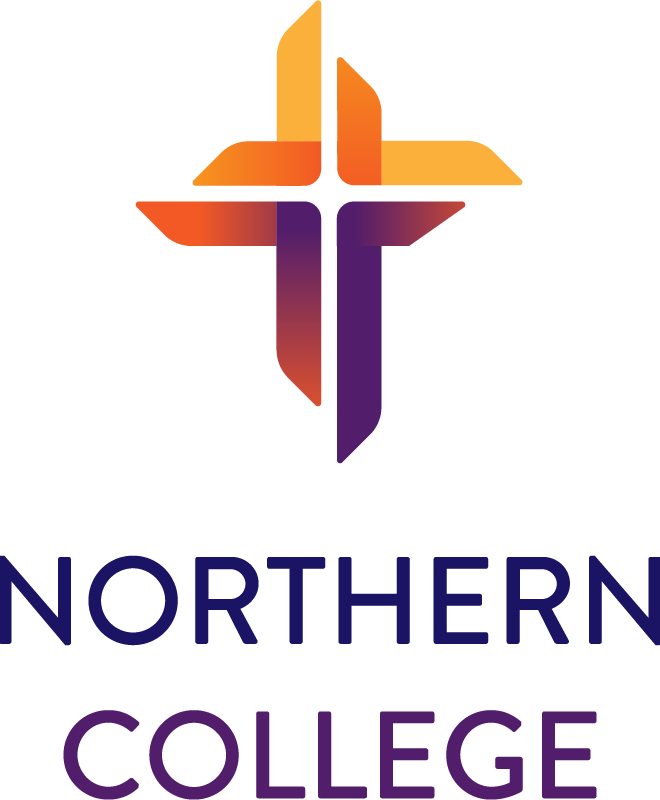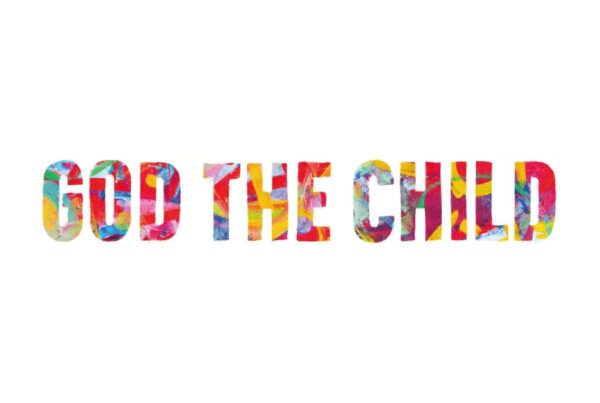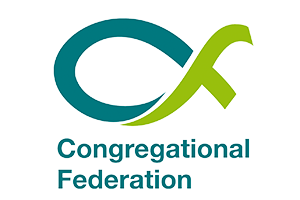Revd Dr Tessa Henry-Robinson, former student, minister of four churches in Southampton, and now also a governor of Northern College has been kind enough to offer us a reflection this year. Tessa’s doctoral work was in the area of womanist practical theology.
“For to us a child is born, to us a son is given, and the government will be on his shoulders. And he will be called Wonderful Counsellor, Mighty God, Everlasting Father, Prince of Peace” (Matthew 9:6 NIV)
I have been thinking about justice and love and considering the importance of hope. My hope is that the URC commits to raising awareness and concern around people of Black and other ethnically-minoritised backgrounds who have been marginalised and who experience injustice. Northern College is responsible for training Ministers of Word and Sacraments, Church-Related Community Work ministers and now also Assembly-Accredited Lay Preachers. I believe we are on a journey to challenging old assumptions, moving in the direction of justice, and opening new understanding as courses and formation are lived out here.
We live, all of us in the URC, in a society which has demonised and disregarded the lives of Black and brown people: women, men and children. Our systems of government and education, and, sadly, our churches have contributed to the persistence of historic injustices. We just need to look at the “hostile environment” around immigration and the experiences of Black and brown people in the pandemic to catch fresh glimpses of this.
When a new traumatic experience happens, it can remind us of older and deeply-rooted traumas. I have spent time reacquainting myself with these wounds that have gone untreated for too long. I want us all in the churches to be able to sustain hope and constantly remind ourselves of God’s life-giving love for all. For where that love is lived out, there we find God’s love and the reality of God’s justice. It is those connections that sustain me. I hope for the flourishing of all peoples that makes a difference in worship, and in relationships in church and community. But I also ask myself, whilst I hope in God, can I also hope in the goodness of humanity? Too often what I see around me makes me question that.
It is for this reason that I rejoice that all Christians can sing together: “O come, O come Emmanuel”. For me, this is an opportunity for us to mourn alongside one another, to recognise that many experience brokenness in this fragile world, and to find it in ourselves to reflect and to recommit to making a difference amongst the profound injustices around us. This is a time when we are acutely aware of how much we need Christ to come into our lives, and when God’s goodness is surely needed.
We can listen afresh to the ‘familiar’ Bible stories and empathise with the suffering, the traumatised and those who mourn. For example, I began this reflection by quoting from Matthew 9:6. Jesus’ birth is described as a fulfilment of this prophecy from Isaiah, and I wonder what images this conjures up for you. “The government will be upon his shoulders”? An image comes into my mind of the murder of George Floyd, held down by the knee of a police officer who placed his full weight on George’s shoulders – the police officer who should have been upholding the best of what his government stood for. For me, this is reminiscent of the experience of Black and brown people continually left breathless under the full weight of government. We need the light that the coming of Christ brings which challenges us into justice.
I am convinced that it is possible for us, as a society, to emerge from this human fragility into a steadfast holding onto justice for, with God, all things are possible. In this period of Advent, and leading up to Christmas, we can rejoice in the promises and the reality of God-with-us and take the time to be woken up and to allow ourselves to be reinformed by the light of the stories.









